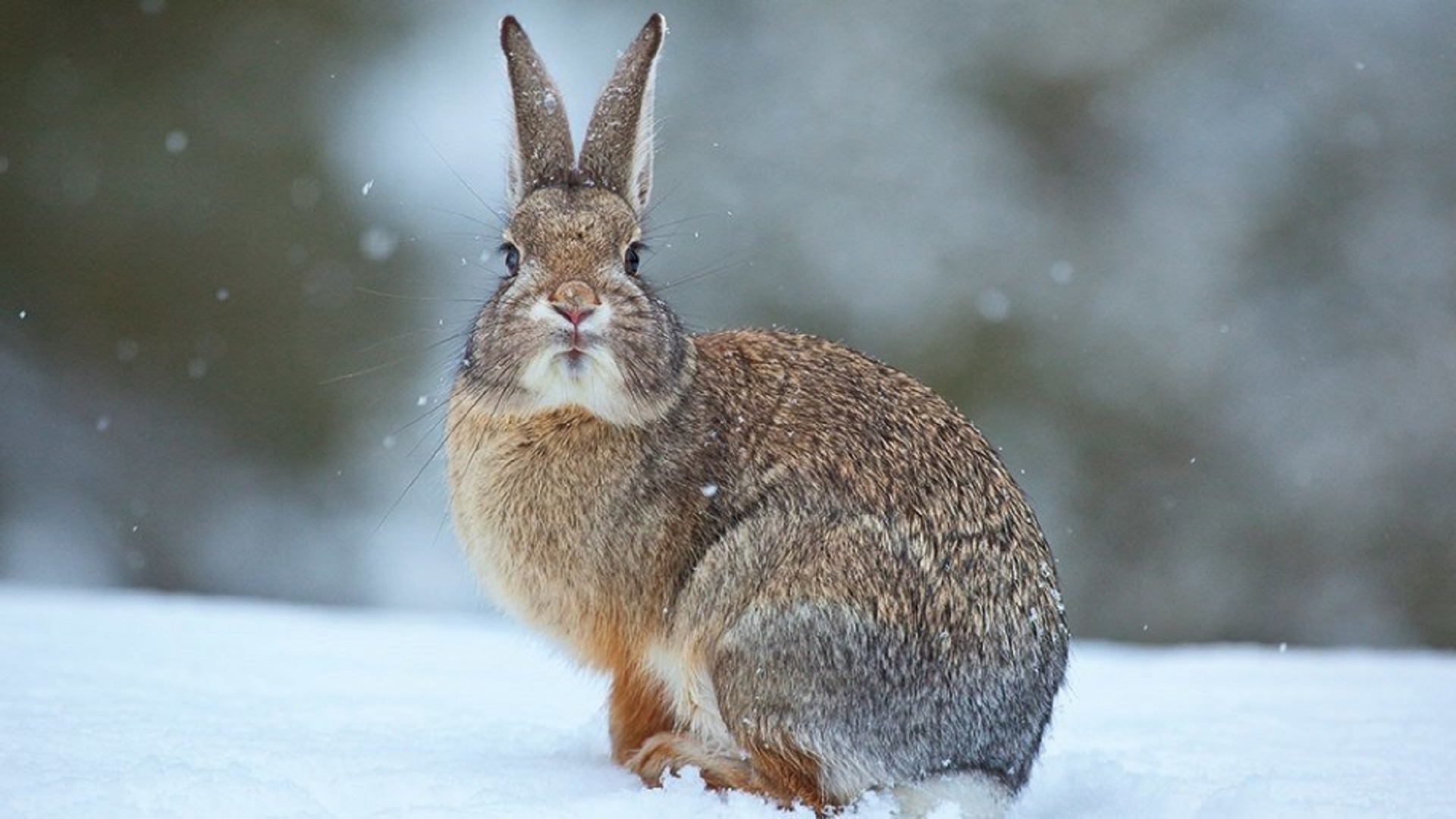 When we think of animals that store food for the winter, squirrels often come to mind. Many people have witnessed squirrels busily collecting acorns or nuts and burying them in various locations to help sustain themselves during the cold winter months. But what about rabbits? Do they engage in similar behavior? Do rabbits store food for the winter?
When we think of animals that store food for the winter, squirrels often come to mind. Many people have witnessed squirrels busily collecting acorns or nuts and burying them in various locations to help sustain themselves during the cold winter months. But what about rabbits? Do they engage in similar behavior? Do rabbits store food for the winter?
The short answer is no, rabbits do not typically store food for the winter like squirrels do. While rabbits are known for their voracious appetite and constant grazing, they primarily rely on fresh vegetation and do not have the instinct to store food for extended periods of time.
Rabbits are herbivores, meaning they exclusively eat plants. Their diet consists mainly of grasses, weeds, and leafy greens. They have a unique digestive system that allows them to break down and extract nutrients from fibrous plant material, which is essential for their survival. Unlike carnivores or omnivores, rabbits do not need to consume large quantities of food in one sitting, as they have adapted to extract as much nutrition as possible from their plant-based diet.
Why don’t rabbits store food for the winter?
Rabbits have evolved in a way that aligns with the availability of food in their natural habitats. In the wild, they have access to fresh vegetation year-round, and their bodies are designed to withstand the harsh conditions of winter without storing food. Their metabolism slows down during the winter months, which helps conserve energy, but it also means they require less food to sustain themselves. Rabbits are highly efficient at utilizing the resources available to them in their environment.
Furthermore, rabbits have a relatively short lifespan compared to other animals that do store food, like squirrels. Their average lifespan is around 1 to 2 years in the wild, and they reproduce quickly to maintain their population. This means that there is less need for rabbits to store food for future use, as they prioritize breeding and survival in the present.

Credit: homeandroost.co.uk

Credit: spectrumlocalnews.com
Seasonal dietary adaptations of rabbits
 While rabbits may not store food for the winter, they do make certain adjustments to their diet during colder months when fresh vegetation may be scarce or less nutritious. Here are some important seasonal dietary adaptations of rabbits:
While rabbits may not store food for the winter, they do make certain adjustments to their diet during colder months when fresh vegetation may be scarce or less nutritious. Here are some important seasonal dietary adaptations of rabbits:
1. Bark And Twigs:
When fresh vegetation is limited, rabbits may turn to consuming bark, twigs, and buds from trees and shrubs. These plant parts provide some sustenance during harsh winter conditions, although they are less nutritious than fresh green plants.
2. Digging For Roots:
Rabbits are skilled diggers and may resort to digging in the ground to find and eat roots. This behavior helps them access additional nutrients and maintain their diet when other food sources are scarce.
3. Snow For Hydration:
While not a food source, rabbits may consume snow to fulfill their hydration needs when water sources are frozen or inaccessible.
Providing winter food for pet rabbits
For those who keep rabbits as pets, providing a proper diet during the winter months is essential. Pet rabbits do not have the same access to natural foraging opportunities as their wild counterparts, so it is important to ensure they receive a balanced and nutritious diet throughout the year.
Here are some tips for providing winter food for pet rabbits:
- Offer a variety of fresh, leafy greens and vegetables regularly.
- Supplement their diet with hay or grass, which serves as a vital source of fiber.
- Provide appropriate amounts of pellets specifically formulated for rabbits to ensure they receive all the necessary nutrients.
- Avoid feeding rabbits high-calorie or sugary treats, as they can lead to health issues.
- Consult with a veterinarian to determine the specific dietary needs of your pet rabbit.
In conclusion, while rabbits do not store food for the winter like squirrels, they have evolved in a way that allows them to survive and thrive without the need for long-term food storage. Their ability to extract nutrients efficiently from fresh vegetation and adapt their diet during colder months helps them navigate through winter successfully. For pet rabbits, it is crucial to provide a balanced and nutritious diet throughout the year to support their health and well-being.
Frequently Asked Questions On Do Rabbits Store Food For The Winter
Do Rabbits Store Food For The Winter?
Yes, rabbits do store food for the winter as a survival strategy to ensure they have food during scarcity.
How Do Rabbits Store Food?
Rabbits store food by burying it in shallow holes or hiding it in their nests to protect it from spoilage or theft.
What Kind Of Food Do Rabbits Store?
Rabbits store a variety of food, including grass, leaves, twigs, and even fruits or vegetables, depending on their availability.
Why Do Rabbits Store Food?
Rabbits store food to have a stable food supply during the winter months when food sources may be scarce or less nutritious.

Leave a Reply